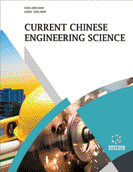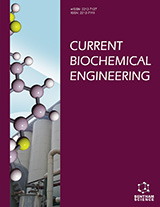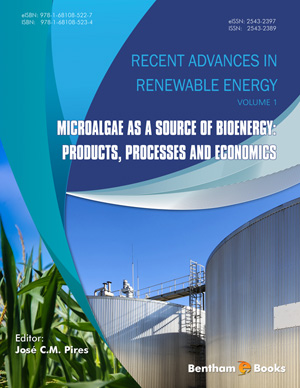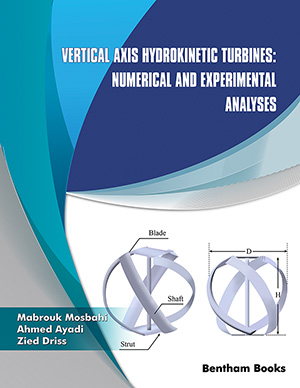Abstract
Titanium alloys (Ti-6Al-4V) are alloys, which contain a mixture of titanium
and other elements. The alloy boasts excellent mechanical properties such as high
toughness, high strength to weight ratio, and good corrosion resistance ability. Its
excellent mechanical properties as well as its suitability for high temperature
applications, make it fit for many industrial applications. However, titanium alloy has
low thermal conductivity, which makes it susceptible to poor machinability and
dimensional inaccuracies during machining operations. In this study, a comprehensive
review of the literature was carried out in order to identify the various strategies
suitable for enhancing the machinability of titanium alloy (Ti-6Al-4V). The findings
from the survey indicate that the machinability of titanium to the required surface finish
can be enhanced in the following ways: use of effective cooling strategies, process
design, optimisation of process parameters, selection of appropriate cutting tool,
effective process monitoring and control as well as the selection of the optimum range
of process parameters, etc. It is envisaged that the findings of this work will assist
machinists in their quest to achieve sustainability during the cutting operations of
titanium alloy.
Keywords: Machinability, Process design, Surface finish, Sustainability, Titanium alloy.






















